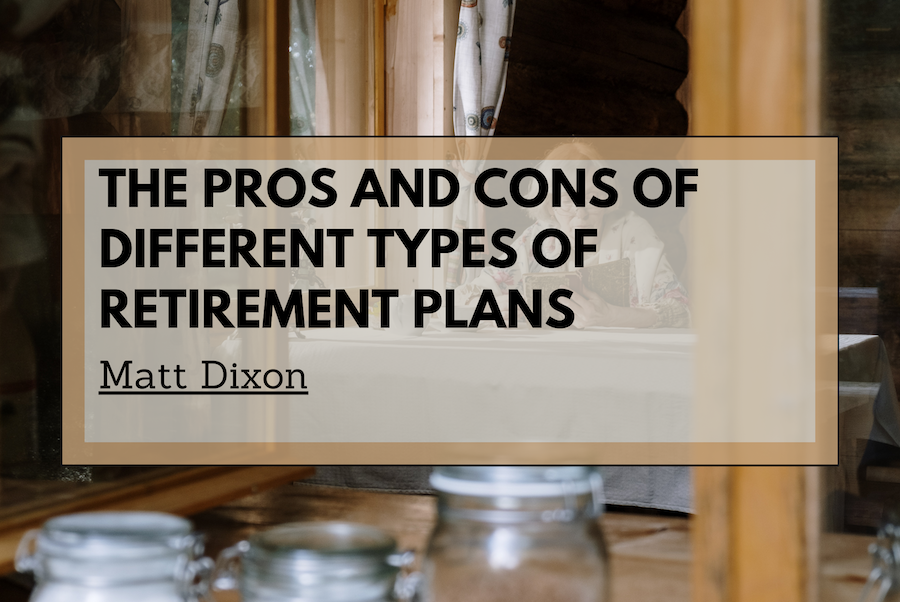Retirement planning is essential with financial planning, and choosing the right retirement plan can significantly impact your future financial security. Several types of retirement plans are available, each with its own advantages and disadvantages. Let’s explore the pros and cons of different retirement plans to help you choose the right one.
Traditional IRA
This is an retirement account that allows you to make tax-deductible contributions, and the earnings grow tax-deferred until you withdraw them in retirement. One of the advantages of a traditional IRA is that it can reduce your taxable income. However, withdrawals are taxed at your current income tax rate, which can be a disadvantage if your tax rate is higher in retirement.
Roth IRA
This is similar to a traditional IRA, but the contributions are made with after-tax dollars. The earnings grow tax-free, and withdrawals are tax-free in retirement. One of the advantages of a Roth IRA is that you won’t pay taxes on your withdrawals in retirement, which can be a significant benefit if your tax rate is higher. However, you won’t receive a tax deduction for your contributions.
401(k) Plan
A 401(k) plan is offered by many employers. Contributions are made with pre-tax dollars, and the earnings grow tax-deferred until you withdraw them. One of the advantages of a 401(k) plan is that many employers offer matching contributions, which can help you save more for retirement. There are limits on how much you can add each year, and withdrawals are taxed at your current income tax rate.
Roth 401(k) Plan
A Roth 401(k) plan is similar to a traditional 401(k) plan, but the contributions are made with after-tax dollars. The earnings grow tax-free, and withdrawals are tax-free in retirement. One of the advantages of a Roth 401(k) plan is that you won’t pay taxes on your withdrawals in retirement, which can be a significant benefit if your tax rate is higher in retirement. However, not all employers offer a Roth 401(k) plan.
Pension Plan
A pension plan is a retirement plan offered by some employers. With a pension plan, your employer contributes to the plan, and you’re guaranteed a specific income in retirement. One of the advantages of a pension plan is there is no worry about managing your investments or market fluctuations. However, not all employers offer pension plans, and you may have limited control over your retirement income.
Several types of retirement plans are available, each with its own advantages and disadvantages. Traditional and Roth IRAs offer tax advantages, while 401(k) and pension plans provide employer contributions and guaranteed income. It’s essential to consider your current and future tax situation, your retirement income needs, and your employer’s retirement plan options when choosing the right retirement plan for you.
